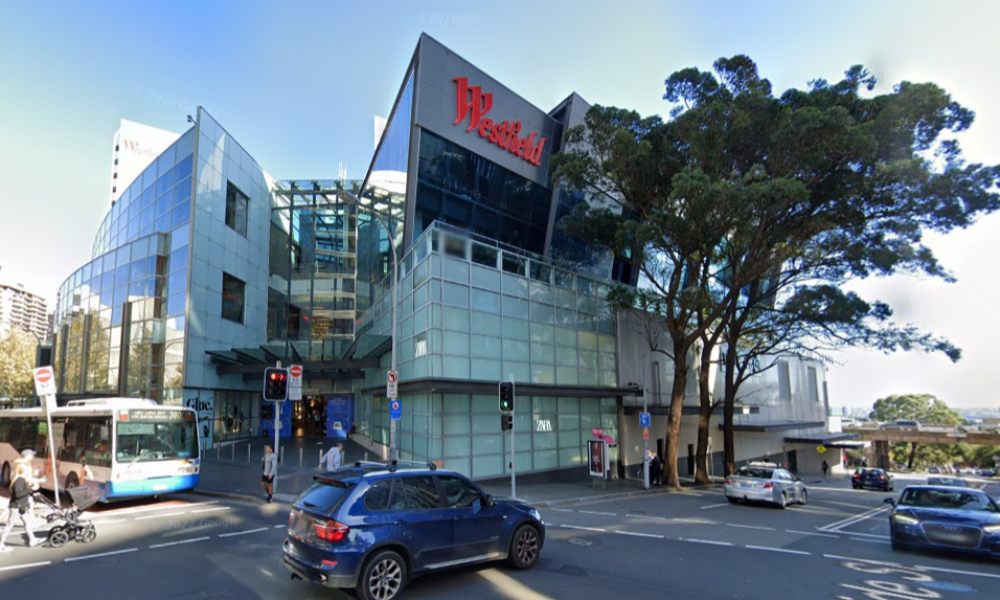Employers must take into account both changing lifestyle demands and evolving job seeking patterns in order to attract the best talent.
In order to stay competitive, HR professionals must stay up to date with the changing ways in which Australians search for career opportunities, as well as the rapidly changing face of technology.
That is the opinion of Chris McDonald, Australia and New Zealand Managing Director at Indeed, who believes that the passive job seeker is slowly becoming a thing of the past.
A study undertaken by Indeed found that 74 percent of Australians are actively seeking or are open to new job opportunities. Interestingly, the survey, titled Talent Attraction: What Matters To The Modern Candidate, found that 62 percent of respondents believe they would be more successful in a job they found on their own as opposed to through a recruiter.
The research also discovered compelling trends about the impact of technology on job seeking patterns, with 43 percent of respondents subscribing to job alerts on a mobile device. A significant 24 percent of job seekers browse and apply for jobs solely on a mobile device.
Furthermore, additional global research from Indeed has given an indication of what job seekers want in a new role. A key finding has been that work satisfaction and happiness is defined by work-life balance more than by salary, confirming that it is a misconception that money is the driving force in retaining talent. HR managers, says McDonald, should take note.
“With many ‘in demand’ professional skills increasing in scarcity, it is important that companies understand what candidates want,” McDonald told HC Online. “Flexible work options, such as telecommuting, purchased leave and compressed hours, and share roles, are providing businesses with a competitive advantage money clearly cannot buy.
“While offering these perks may not be realistic for all companies, business leaders and HR directors need to be thinking outside the box in order to provide work environments that job candidates simply cannot refuse.”
McDonald also believes that small businesses with less scope for flexibility need not be left behind when it comes to innovation in terms of recruitment.
“To secure the best talent, considering what works for people’s individual lifestyles is key. While smaller businesses may not be able to match the salaries offered by larger corporations, they often have more flexibility around working hours, locations and styles.
“Small and large businesses alike will need to look internally at their processes, team culture and office locations, as well as externally at the way they promote their workplace, the platforms they use to post job openings, and the people they position as they faces of the company to evaluate the full breadth of ways in which they can attract and retain the best talent.”
That is the opinion of Chris McDonald, Australia and New Zealand Managing Director at Indeed, who believes that the passive job seeker is slowly becoming a thing of the past.
A study undertaken by Indeed found that 74 percent of Australians are actively seeking or are open to new job opportunities. Interestingly, the survey, titled Talent Attraction: What Matters To The Modern Candidate, found that 62 percent of respondents believe they would be more successful in a job they found on their own as opposed to through a recruiter.
The research also discovered compelling trends about the impact of technology on job seeking patterns, with 43 percent of respondents subscribing to job alerts on a mobile device. A significant 24 percent of job seekers browse and apply for jobs solely on a mobile device.
Furthermore, additional global research from Indeed has given an indication of what job seekers want in a new role. A key finding has been that work satisfaction and happiness is defined by work-life balance more than by salary, confirming that it is a misconception that money is the driving force in retaining talent. HR managers, says McDonald, should take note.
“With many ‘in demand’ professional skills increasing in scarcity, it is important that companies understand what candidates want,” McDonald told HC Online. “Flexible work options, such as telecommuting, purchased leave and compressed hours, and share roles, are providing businesses with a competitive advantage money clearly cannot buy.
“While offering these perks may not be realistic for all companies, business leaders and HR directors need to be thinking outside the box in order to provide work environments that job candidates simply cannot refuse.”
McDonald also believes that small businesses with less scope for flexibility need not be left behind when it comes to innovation in terms of recruitment.
“To secure the best talent, considering what works for people’s individual lifestyles is key. While smaller businesses may not be able to match the salaries offered by larger corporations, they often have more flexibility around working hours, locations and styles.
“Small and large businesses alike will need to look internally at their processes, team culture and office locations, as well as externally at the way they promote their workplace, the platforms they use to post job openings, and the people they position as they faces of the company to evaluate the full breadth of ways in which they can attract and retain the best talent.”





